Interview: Jim McCarty of The Yardbirds
Interview: Jim McCarty of The Yardbirds
The Yardbird's Jim McCarty Dishes on Communicating with his Wife from the Great Beyond, the Difficulty of Working with Eric Clapton, and Why the Band Broke Up
Psychedelic Scene: I’m Jason LeValley with Psychedelic Scene and I’m here today interviewing Jim McCartney, best known as the drummer for The Yardbirds. Thanks for being here today.
Jim McCarty: Yeah. Thank you. Nice to be asked.
So you just released your second memoir, which is called She Walks In Beauty.
Yes.
What made you did you decide to write a second memoir?
I was sort of prepared to do it because my wife passed on last year, and it was a bit of a shock. And I decided I wanted to find out what had happened to her. And I did various research and looking into near death experiences and looking at YouTube, TED lectures, and all that stuff about all that subject. And then I discovered a medium Suzanne Giesmann, who’s an American medium, and she had a Zoom course, and I decided to sign on and find out how you do it. She taught me various ways of linking up and connecting with Elizabeth, my wife, and I followed all that stuff and actually managed to get somewhere. So I was quite pleased.
It seems like the afterlife is not a place where you get judged or you have hellfire and all that stuff that we’re led to believe as we grow up.
So you connected with your wife in the afterlife?
Yes. Exactly. I followed all the instructions. And Suzanne, the medium, always stressed that you should have some hard evidence, something that you wouldn’t know, something that my wife would tell me that I wouldn’t know about somebody or other or about something rather, or tell me something’s going to happen. And a lot of those things came true. So I had good evidence which suggested I wasn’t making it up.
Right.
So I was really convinced that it was her and convinced, really, that she was still present in some way. And her consciousness was still carrying on, even though her body had died and everything. We all do carry on after we die and we’re all present somewhere in our consciousness.
Did she tell you anything about the afterlife?
She just said it was very beautiful. And she said a very loving place. She said all positive things about it. It seems like it’s not a place where you get judged or you have hellfire and all that stuff that we’re led to believe as we grow up. It seemed to be a very nice place to be. Probably quite a relief from this world at the moment.
Yeah. I can imagine. The memoir revolves around your contact with your wife?
Yeah. That’s what started it because it was really in my face. And I thought I needed to do something about it. And she came through another medium and suggested I write a blog about it all. And I thought, “Well, I’ll write a book. I’ll do another book and I’ll go back to when I was younger and in the band and how my interest has always been in these sort of things and songs that I’d written that covered those sort of things”. “Happening Ten Years Time Ago”, which was one of our hits that was about reincarnation.
It was a big psychedelic record, probably one of the first psychedelic records in all these collectors’ lists.
Right.
So it takes back quite a long way our interest in all that stuff. And I called up Dave Thompson, who wrote the other book–who is a rock writer. And I didn’t think he was going to be interested at all, but he loved the idea of doing that. So we got on with it and it came out really nicely.
Well, great. I wanted to ask you about the psychedelic stuff that your band did. The Yardbirds started out as a blues-rock band and kind of morphed into a psychedelic band, especially with Roger the Engineer. But you had some very early songs, like from 1965, I think, that came out that could definitely be considered psychedelic– like “Shapes of Things”, I think, is a song that you co-wrote. It became a hit, and it’s often cited as maybe the first psychedelic rock song.
Yes. Well, it was a lot to do with us as well, but a lot to do with Jeff Beck because he loved wild guitar, and he loved all those mad sounds he got and all the fuzz boxes and the feedback. And he was very interested in a wide range of guitar sound. And we liked it as well because we were trying to make our what would have been formerly a blues cover sort of program. We wanted to change that and make that a bit more individual, a bit more original and something of our own, I guess, and have a bit of fun at the same time doing it. That became, I think, what people remember as The Yardbirds sound when they say the psychedelic sound of The Yardbirds. That was it. And it was very much that lineup with Jeff Beck and Keith Relf and Paul Samuel-Smith and me and Chris Treja.
Right. So when Eric Clapton was in the band, I read that he wasn’t happy with the direction that The Yardbirds were going, and that’s why he quit.
Yes. That’s right. He was a very keen blues guy. He was devoted, really devoted to blues music. We did try and do a few bluesy recordings, but they were never really that commercial and they didn’t really work in the studio.
Clapton didn’t quite see eye to eye with some of the guys, and he wasn’t really a band person.
So Jeff Beck was in the band at the same time as Eric Clapton?
No, Eric left. And then Jeff joined, and Jeff was recommended by Jimmy Page because we wanted Jimmy originally to join the band, and Jimmy was very busy doing recording sessions and didn’t want to be in a band. He recommended Jeff.
Who in the band was driving the change in a more psychedelic direction?
Well, it was a combined force really. It was a team effort. Paul Samuel-Smith, the bass player, where he was particularly good with ideas, especially all those build-ups, those bass and drum build-ups, crescendos, and all that. And then Jeff, with his sound. Jeff was probably the main contributor because he had all those fantastic sounds and always played a great solo like he did on “Shapes of Things”.
Right. Well, if he wasn’t in the band at the same time as Eric Clapton, then why did Eric Clapton quit because of the new direction? Do you understand what I’m saying?
No, I don’t quite know.
Okay. Well, it sounds like you’re saying that the Clapton quit because he didn’t like the new direction, but it was Jeff Beck that was really the main driver of the new direction.
Well, yes, but I think there were other things anyway, with Eric, it’s a bit political as well. He didn’t quite see eye to eye with some of the guys, and he wasn’t really a band person. I don’t think he was always going to be a solo guy calling all the shots, although he did join John Mayall, so he had to do what John said, I guess, but he became quite difficult to work with because he wanted to have his own ideas and he didn’t quite see eye to eye with everyone else.
Yeah. So it seems like there may have been a downside to having these three virtuoso guitar players in the band. Do you ever feel like maybe they got too much credit and that the rest of the band members were overlooked?
Well, I don’t know, really. I’m not really worried about that so much. I remember at the time…each time the people came in, Jeff, Jimmy or Eric or whoever. It was always a team. And we were working together. There was no one better than anyone else. We were all a band. They became famous, really, for what they did on the guitar. The sort of music we did was always a good platform for guitars, a lot of space for guitar solos and all that, particularly in blues riffs and things. And guitar was always a very popular thing in those days. Guitarists were more popular.
Sure. But so are singers, and it surprises me how little-known Keith Relf is considering that he was the singer of one of these major British Invasion bands.
Yeah, I know. It’s funny, isn’t it? Probably because he wasn’t…I don’t know. He wasn’t trying to sell himself in any way. He was just for the music. He wasn’t doing a Mick Jagger. He wasn’t thinking of what can I do to be the front man sort of thing. He just did his thing. And that was it. And he struggled, really. Because he only had one lung and he played harmonica and all that.
Jimmy Page, I keep in touch with mainly. He’s the main one out of all the guitar players, I think.
He only had one lung?
Yes. He lost the lung early on.
I didn’t know that.
In ‘63. Yeah. So he was quite a weak constitution guy. He had a good presence, I thought. He always took it very seriously during the show.
So after the Yardbirds broke up, you and Keith Relf started Renaissance, which was more of a folk band, I guess you would call it.
Yeah.
And then I think you both left after one album. Is that correct?
Yeah. We did a couple of albums and then I don’t know, it wasn’t really going the way we wanted. But I don’t know, we sort of got back onto the road again, and we got fed up. We didn’t want to go back there straight away, right. A bit of a shame, really. But we tried to keep in touch with the band. And I did write a few songs for the new band as they developed. And I recently did the reunion thing they did a couple of years ago in Philadelphia. They did a 50th reunion with an Orchestra, and they filmed it. And I did it a couple of songs with them, which was nice.
Great. When you tour with The Yardbirds now, I know you play the drums. Do you also sing lead vocals on any of the songs?
Yeah. A couple of them. Yeah. I like to sing a couple of songs. Yeah. We do a song from The Box of Frogs. I’ve seen that one and that goes down pretty well. Maybe I’ll do a blues or something. I like to sing now and then.
Yeah, right. You’ve released about four solo albums, I think, including one called Frontman. When did you realize that you wanted to front your own band?
Well, the Frontman was a little bit tongue-in-cheek. Yes, I did actually go to the front when we had Illusion and Illusion was formed out of the people that were in the original Renaissance band. And Keith actually died while we were getting it together. He had that accident where he was electrocuted.
Right.
We all carried on. And we got a couple of other people. And I thought, Well, I’ll sing with Jane Relf, his sister. That was a little bit odd, but I quite enjoyed that singing along, being a front man with her. It sort of worked quite well.
Cool. Do you keep in touch with anybody from the classic 60s lineup of The Yardbirds?
Yes. Mainly Paul Samuel-Smith, I think, because we were at school together when we were about 16. We were at school together, and we used to sing Everly Brother’s songs and all that. We were in the school group and all that stuff. Jimmy Page, I keep in touch with mainly. He’s the main one out of all the guitar players, I think. We talk now and then. Chris Dreja is not so well at the moment. I don’t know how he is. He had a stroke, so he’s not healthy enough to play, but we’re all quite friendly.
That’s great.
Weddings and funerals. (laughs)
Yeah, I suppose it gets to that point.
Yeah. We’re all together.
Well, great. (pause) Well, Jim, I’d like to thank you for taking the time to do this interview. I really appreciate it.
That’s all right, Jason. My pleasure.
Okay. Well, you take care. And I should mention again the new memoir She Walks in Beauty. It’s out already?
Yes, it’s out now.
Nice. Well, thanks so much.
Okay. Thank you. Bye. Take care. Have a nice day.
You too. Bye.
Related: The Top 100 Psychedelic Rock Artists of All Time
The 100 Best Psychedelic Rock Albums of the Golden Age
Gallery
Recent Articles

Loading...
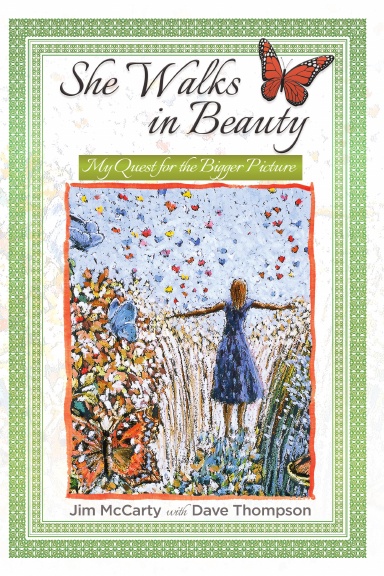
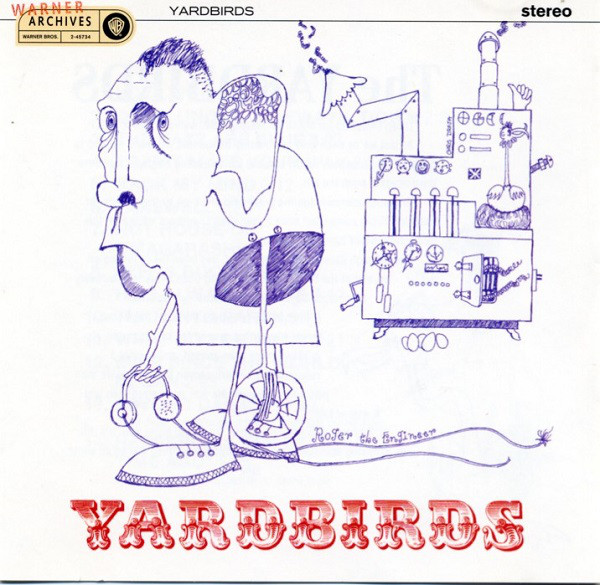
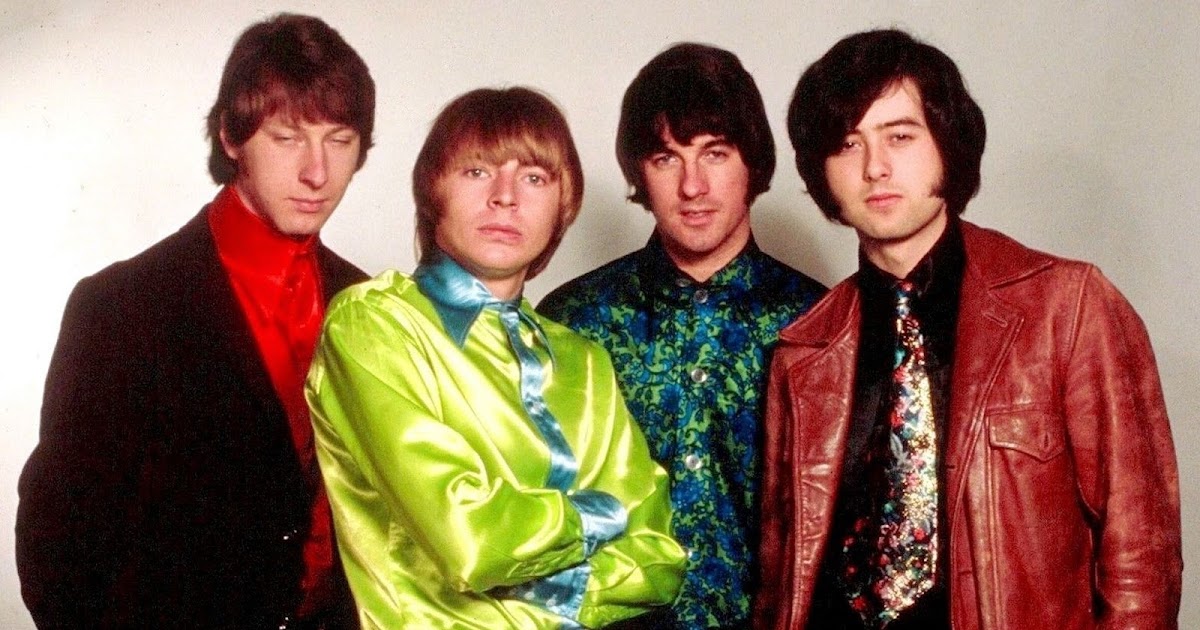
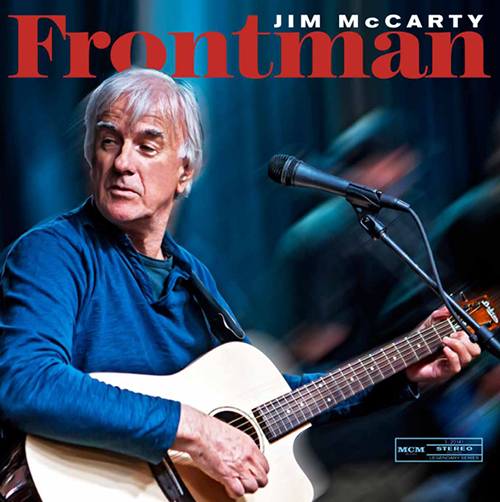
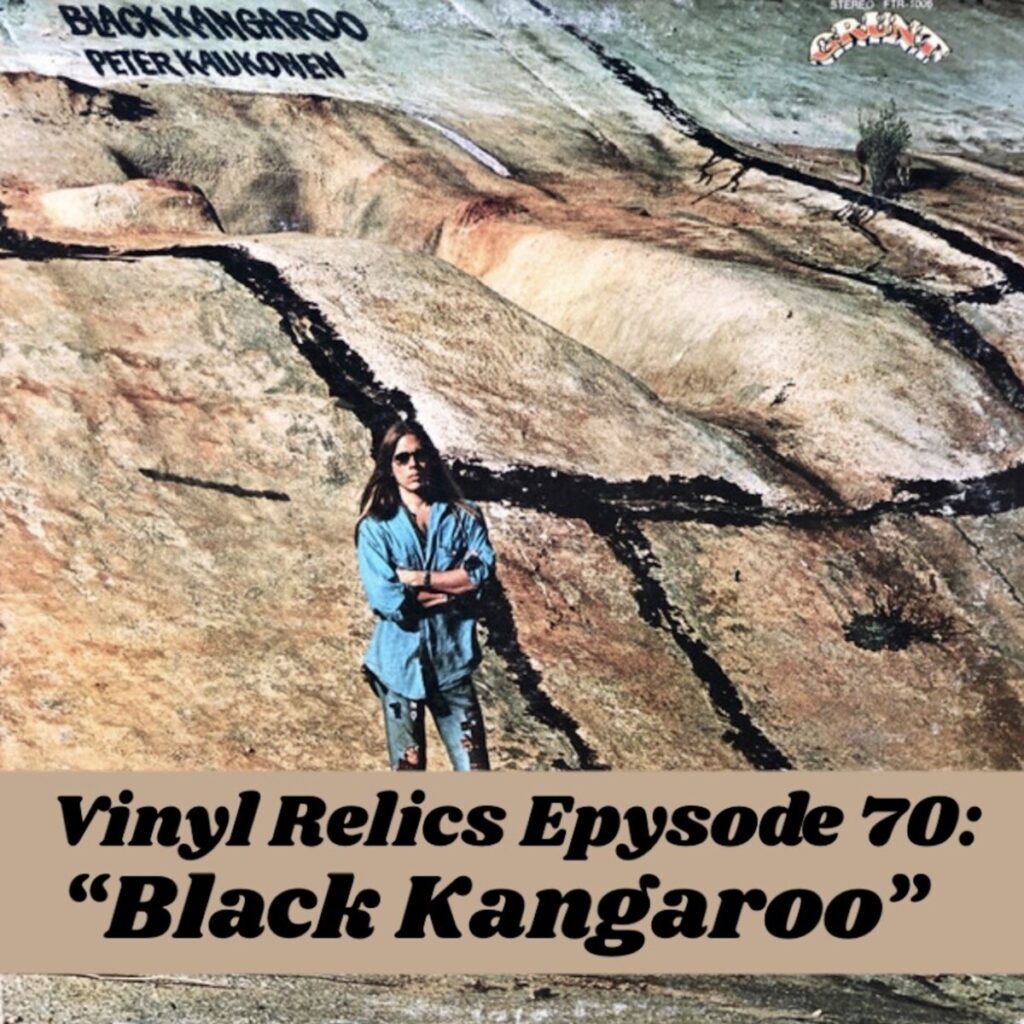
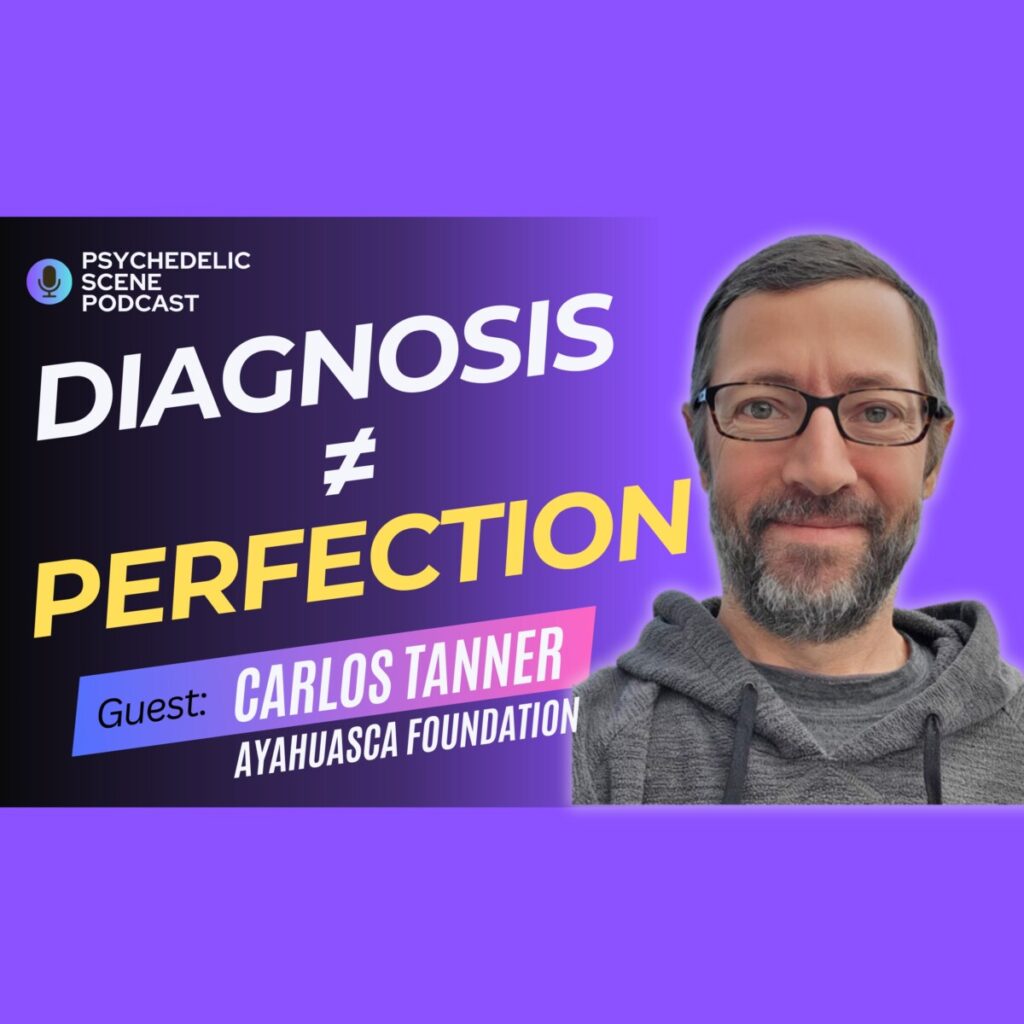

3 thoughts on “Interview: Jim McCarty of The Yardbirds”
Your page always gives me something new to learn online and develop my research, improving my work as a blogger trying to expand. Thanks a lot
Thanks for reading!
Great post! It’s always refreshing to see more open discussions about mental health, consciousness, and alternative therapies.